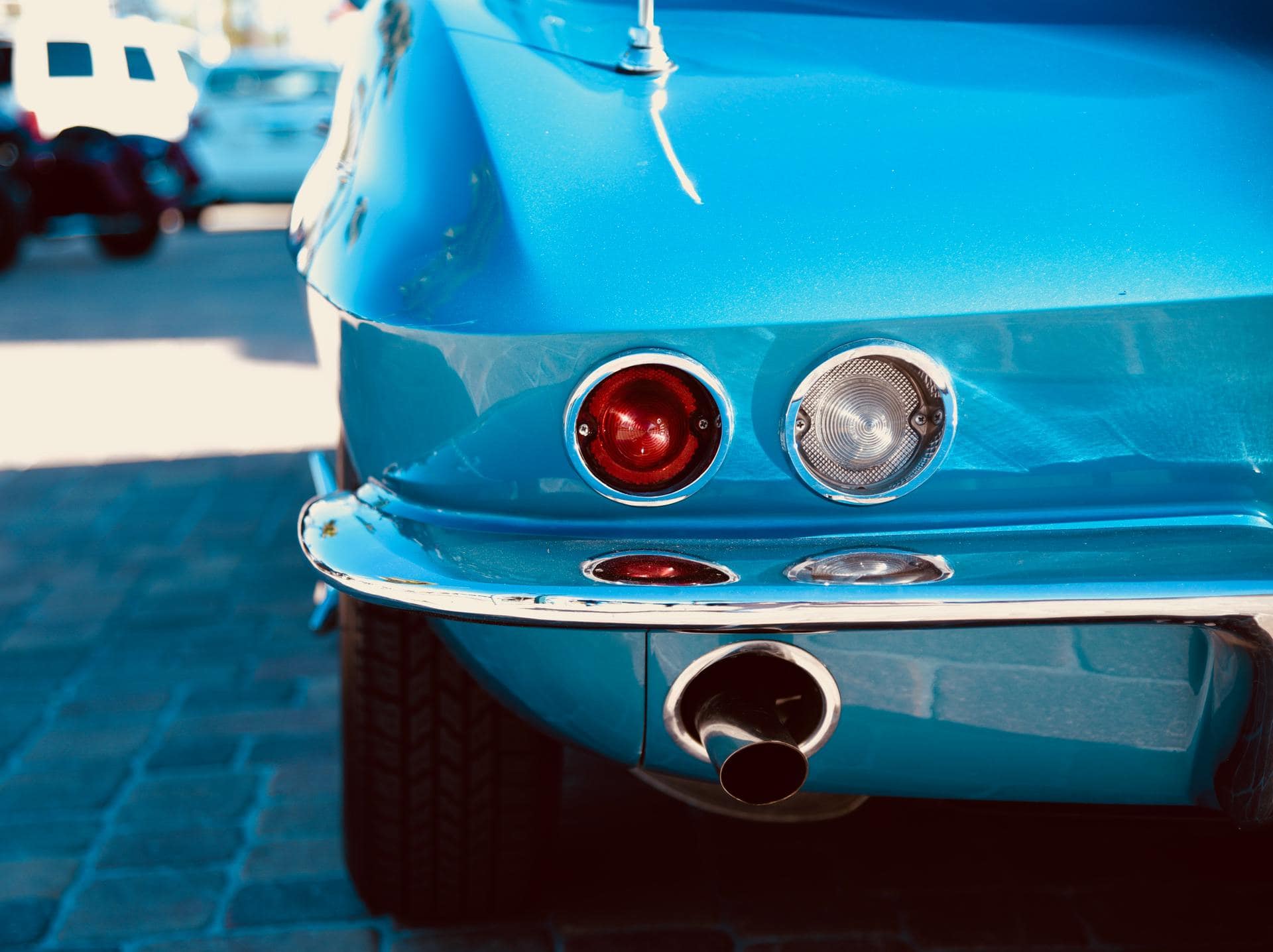
Why it isn’t the end of the road for classic cars
The 18th of November 2020. A day that struck fear into many classic car enthusiasts.
This was the fateful day the UK Government unveiled its Ten Point Plan for a Green Industrial Revolution. Among its discussion of investments was a commitment to bringing forward the ban of traditional combustion vehicles to 2030 – ten years earlier than originally planned.
On face value, you would think this would cast doubt over the future of classic cars. Surely this policy change will spell the end of collectors’ pride and joys?
But no fear! Thanks to increasing sales in 2021, innovation and maybe even the help of a certain politician, the legacy of these beloved relics will be sure to live on for many years to come!
The state of play
As with most industries, classic car sales took a hit during the outbreak of the pandemic, but the market has shifted gear to speed ahead once again. According to Hagerty, the sell-through rate (how many cars offered to market that actually sell) is up significantly compared to last year, climbing from 70.7 per cent to 77 per cent.
Also, 34.7 per cent of cars sold for over their top estimate, compared with 17.9 per cent in 2020. Promisingly, the number selling for under their lower estimate has also fallen to 24.7 per cent, versus 39.5 per cent last year.
Electric conversions
If there is one subject that is likely to provoke outrage among car enthusiasts, it is when a classic is converted to run on an electric motor. Indeed, for many, to rip a classic car’s engine out is to deprive it of its sound and soul. To an extent, this is true.
But in some cases, converting an electric car gives classic car owners the best of both worlds. The owner maintains the beauty of the exterior, but by replacing the engine with an electric motor, which only has one part, the owner dramatically reduces the chances of standing by the side of the road waiting for a breakdown truck!
For this reason, the popularity of electric classic car conversions has surged in recent years and will be sure to increase as we charge towards 2030.
Synthetic Fuel
Meanwhile, many believe it will be synthetic fuel that will ride to the rescue of classic cars.
Synthetic fuel can replace petrol or diesel without modification, can be made in an almost carbon-neutral way and can be dispensed using the same infrastructure we have today. This sets synthetic fuels apart from ethanol and other available biofuels, which have to be mixed with gas or require a specified engine.
An unlikely saviour?
Finally, classic car enthusiasts may draw hope from PM Boris Johnson! As a motoring columnist in GQ magazine, Johnson drove a host of classic and sports cars, as well as writing a book called ‘Life in the Fast Lane – the Johnson Guide to Cars’.
So, maybe it will be Johnson’s petrol head interest that will save Britain’s famous classic car industry. Let’s wait and see…



